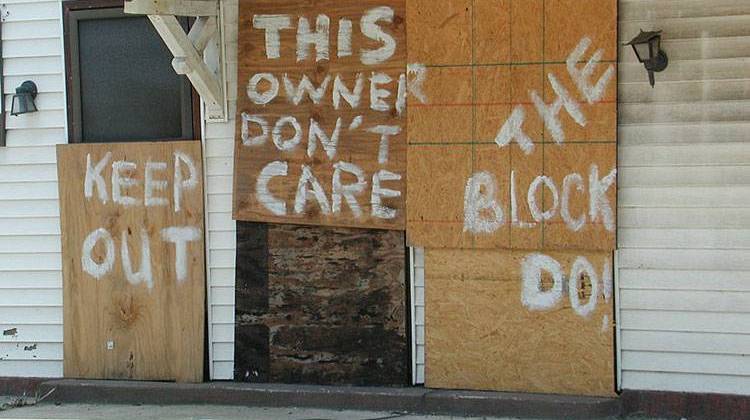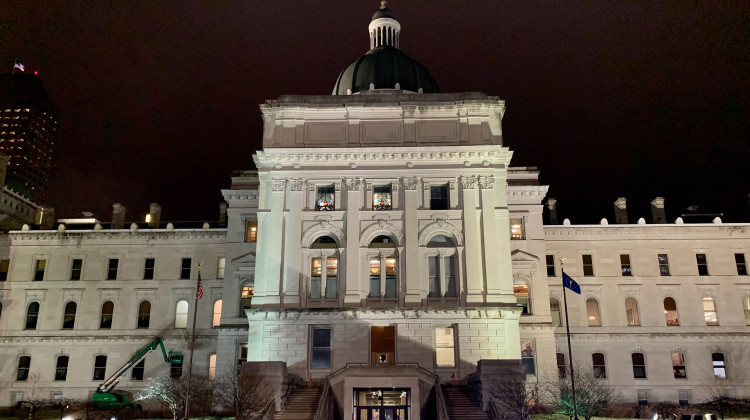INDIANAPOLIS – Nine Indiana cities and counties have been awarded more than $10 million to help eliminate blighted and abandoned homes.
The funds are a part of the Hardest Hit Fund Blight Elimination Program – drawn from $221.7 million in Hardest Hit money allocated to Indiana.
Seven cities were awarded money:
- Alexandria: $355,000
- Anderson: $1.4 million
- Elwood: $625, 000
- Coatesville: $15,000
- Evansville: $1.7 million
- Muncie: $2.9 million
- Terre Haute: $650,000
And two counties were awarded additional funds for the elimination of blighted homes:
- Elkhart County: $2.7 million
- Vigo County: $425,000
The U.S. Department of Treasury approved the use of $75 million of Indiana’s Hardest Hit Funds for successful applicants in February 2014.
The Blight Elimination Program is a loan program allowing the Indiana Housing and Community Development Authority to make funding available to approved applicants. The loans will be restricted as forgivable loans using the Hardest Hits Funds.
“I am delighted the Blight Elimination Program will spur revitalization efforts across the broad range of cities and areas throughout the six counties receiving awards in Division 3,” said Lt. Gov. Sue Ellspermann in a statement.
The state housing agency estimates 4,000 blighted and abandoned homes in Indiana will be eliminated through the program.
Paige Clark is a reporter for TheStatehouseFile.com, a news website powered by Franklin College journalism students.
 DONATE
DONATE







 View More Programs
View More Programs


 Support WFYI. We can't do it without you.
Support WFYI. We can't do it without you.